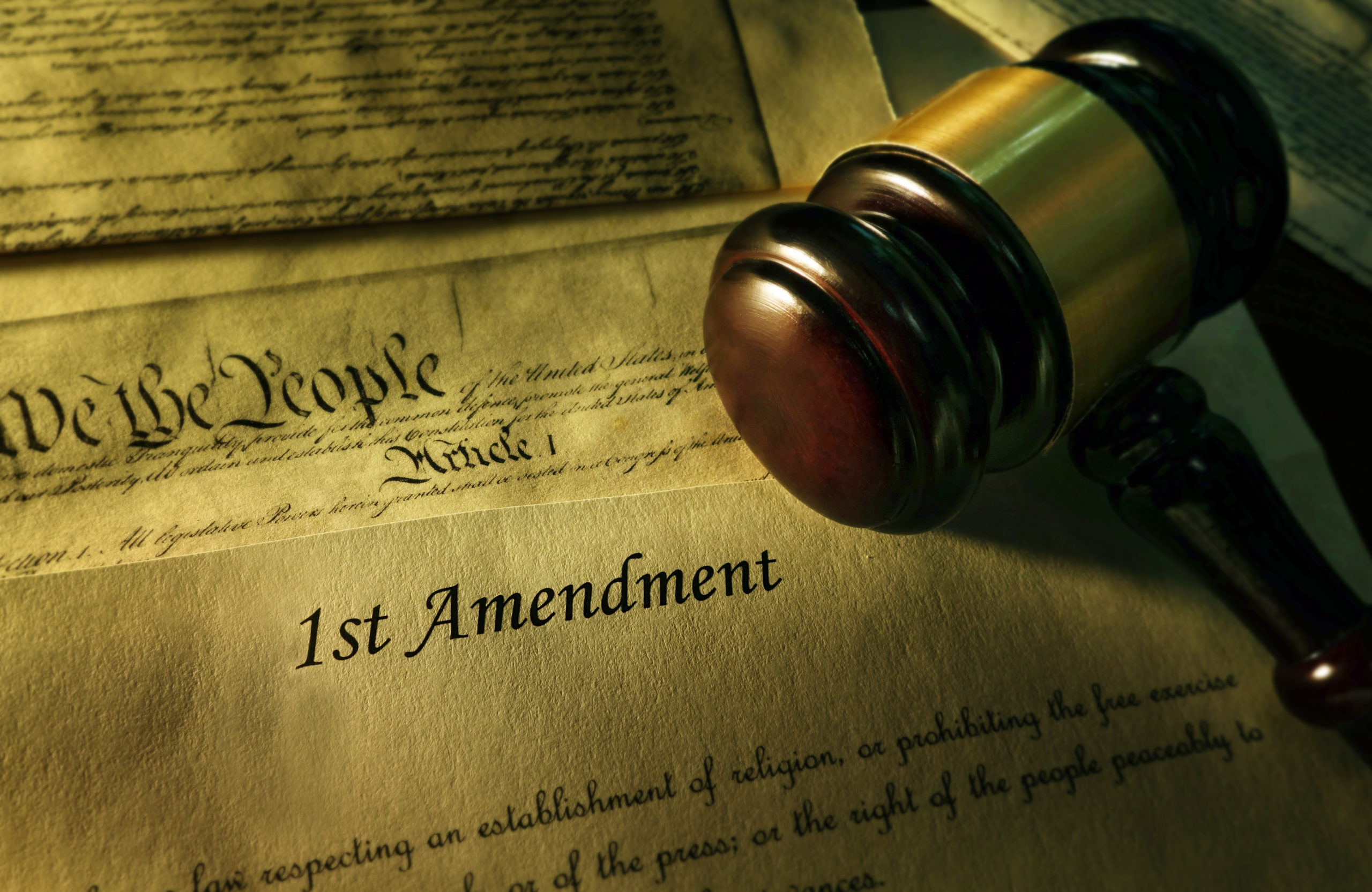Posts tagged Public Employees
Op-ed: How Teachers Can Dismantle the Teachers’ Unions
August 12, 2025 // Conservative and independent teachers, who make up the other 59 percent of the profession, are forced to fund their political opponents while union bosses like Weingarten, who pocketed over $600,000 in 2024, and Pringle, an at-large Democratic National Committee member raking in over half a million dollars annually, live lavishly. These union elites are an embarrassment to teachers who just want to teach reading, writing, and math.
With GLO push, RI becomes first state to explicitly codify student unionization rights in state law
August 11, 2025 // McKee signed House Bill 5187 on July 2, capping off a monthslong effort by Brown’s Graduate Labor Organization to codify federal labor organizing protections in state law. GLO leaders had worked with the Rhode Island AFL-CIO and state legislators to advocate for the bill’s passage since its introduction in January.
We’re Suing to Stop Unions from Stealing from Home Caregivers
August 4, 2025 // This isn’t the first time that Michigan caregivers have been targeted by unions seeking to skim dues off their stipends. Democrats put in place the same unjust policy in 2005, and the Service Employees International Union went on to take an estimated $34 million from home caregivers in just six years, before Republicans repealed it. But this time, caregivers like Tammy hopefully won’t have to wait for a change in power. The courts can protect them.

Lower courts ignore Supreme Court precedent to force union payments
August 2, 2025 // The National Right to Work Legal Defense Foundation and the Mackinac Center for Public Policy are urging the U.S. Supreme Court to answer that question. In an amicus brief filed July 24, the two organizations ask the Court to reaffirm and enforce the constitutional standard it set in the 2018 Janus v. AFSCME decision: that no money may be taken from a public employee’s paycheck for a union without the employee’s clear and affirmative consent. The brief supports two public workers who are respectively suing the American Federation of State, County, and Municipal Employees as well as the International Union of Operating Engineers. Marcus Todd and Terry Klee
Commentary– Union Rules: Welcome to the Hotel California
July 29, 2025 // While public employees may sign up to join online, by mail, or by completing a form in person, cancelling is a different story. For example, the boilerplate for collective bargaining agreements with the Service Employees International Union or the Teamsters typically reads something along the lines of: An employee may withdraw such consent in accordance with the terms of the membership and dues deduction agreement (emphasis mine) between the employee and the Union. The Union will notify the City when it is appropriate to stop dues deduction in accordance with the terms of the membership and dues deduction agreement between the employee and the Union.
SCOTUS asked to consider case of unions refusing to open mail from disgruntled members
July 14, 2025 // “We’ve seen unions agree to process opt-out requests only during a two-week annual window,” noted Freedom Foundation CEO Aaron Withe. “We’ve seen unions go to court trying to prevent us from informing their members about their constitutional rights – paid for with their own dues money. And when all else fails, we’ve seen them forge signatures on membership and dues-authorization forms.” “In this case, they weren’t even that sophisticated,” he continued. “They simply asserted a right to refuse to open mail from the Freedom Foundation because they knew these packages were likely to contain dozens of opt-out requests.”

Unanimous Wisconsin Supreme Court blocks UW Health nurses’ unionization, backing Act 10
July 1, 2025 // The Wisconsin Supreme Court ruled that UW Health is not legally obligated to recognize its nurses' union or bargain collectively. Act 10, a 2011 law, effectively ended collective bargaining for most public employees in Wisconsin, including UW Health nurses. The ruling upholds previous decisions by lower courts and the Wisconsin Employment Relations Commission. UW Health nurses argued the hospital operates like a private entity and should be subject to collective bargaining laws, but the court disagreed.
Op-Ed: Public employees deserve truth from union officials
June 27, 2025 // In 2020, Colorado union officials gained mandatory collective bargaining affecting state employees. Three years ago, they landed compulsory organizing of many county workers. And the following year, Colorado lawmakers granted more favorable rules on how certain municipalities, universities, schools, and hospitals interact with and speak about unions. Now, union officials want to fundamentally change the state’s labor landscape once again.
Op-Ed: Public employees deserve truth from union officials
June 24, 2025 // Pueblo’s contract isn’t even the worst offender in Colorado. The Denver Housing Authority’s contract, enacted this year, says that its 300-plus employees must be full, dues-paying members of the union, AFSCME Local 535. If enforced, the requirement could be one of the most egregious violations of public employees’ rights of free speech and association anywhere in the country. With some union officials unaware of — or unwilling to comply with — dettled law, it’s more important than ever for public employees in the state to understand their rights under union representation.
Op-ed: Virginia Must Clarify Its Labor Laws
June 9, 2025 // The ideal outcome for Virginia would be to repeal the Democrats’ 2020 law and return Virginia to being one of the few states that outright prohibit collective bargaining in the public sector. North and South Carolina have for decades, and Utah joined them with a new law signed by Governor Spencer Cox (R.) this year. But with Democrats currently in control of the Virginia General Assembly, a repeal effort would go nowhere. In the meantime, the proposed regulations are needed to make sure local government unions are following the law. Virginia is a right-to-work state with many strong protections for employees in unionized workplaces. Public employees deserve those protections just as much as private employees do.
